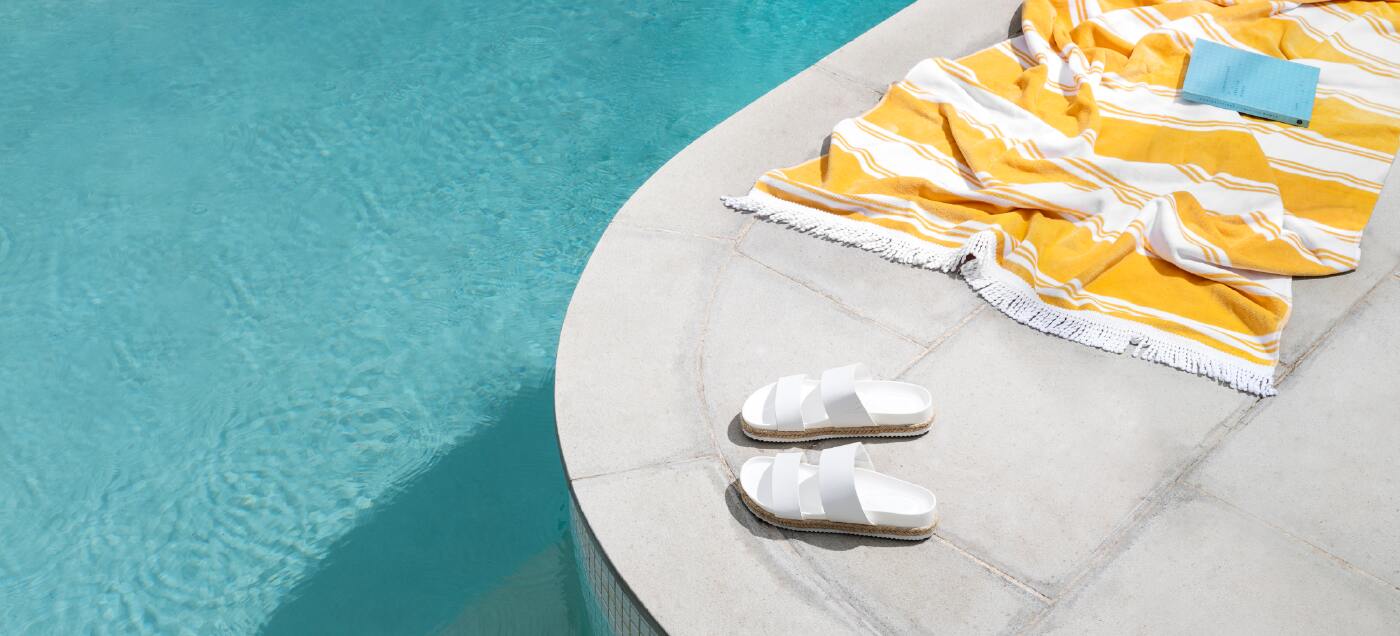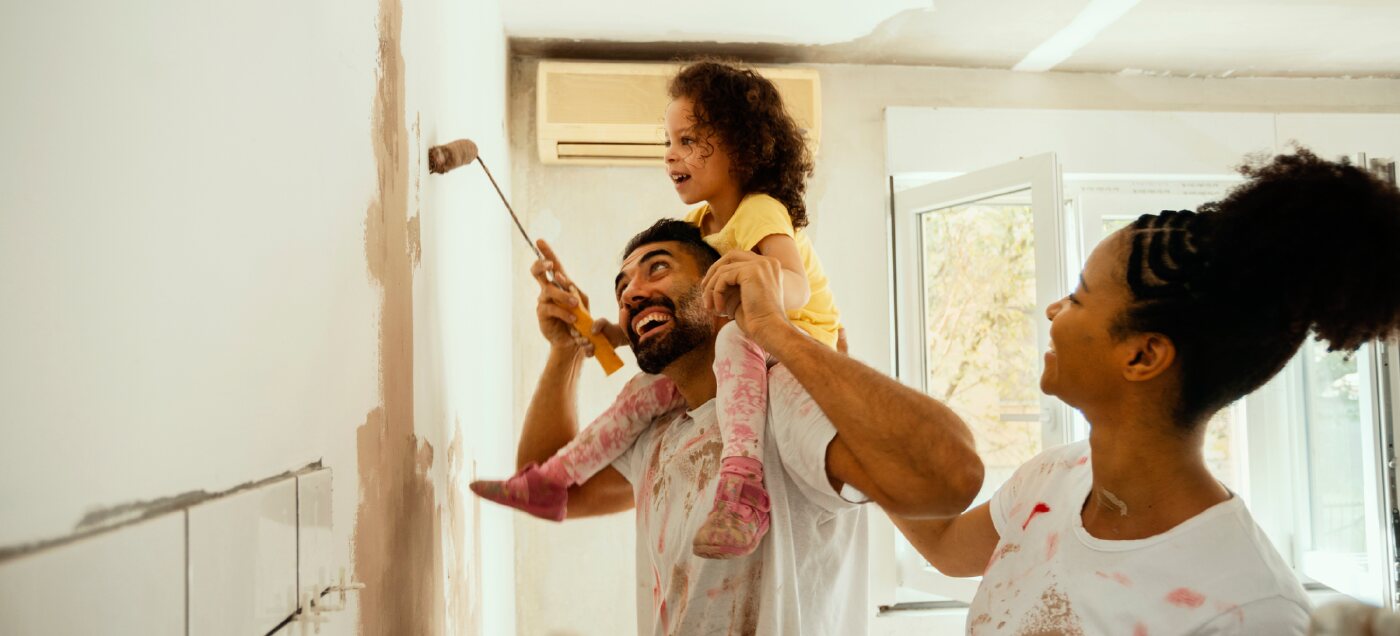
The great escape: should you invest in a holiday home?
Do you daydream about escaping the city to spend a blissful weekend in your very own country retreat or beach shack? Rising interest rates and cost-of-living pressures might mean the prospect of owning your own holiday home is out of reach right now. But it could be worth planning ahead and weighing up your options for a time when you can turn this dream into a reality.
Holiday homes can prove to be a handy investment. Apart from reaping capital gains if the property increases in value over time, there’s also the possibility of using your holiday home to generate income by putting it on the short-stay accommodation market.
If you’re considering buying a holiday home for investment purposes, read on to learn more about the ins and outs of holiday home ownership.
Ponder why before you buy.
Many people treat their holiday home as a lifestyle purchase, renting it out when they aren’t using it themselves to make some extra money and help cover some of the mortgage costs. Others handle it more like an investment, leasing it as a short-stay accommodation business year-round. Regardless of your approach, you’ll need to weigh up the pros and cons before deciding what’s right for you.
Qualified property investment advisor and buyer’s advocate Cate Bakos has assisted many clients to buy holiday homes and investment properties. She believes it’s important to reflect on your motivations for buying by asking yourself some important questions.
'[Ask yourself] "Is it really an investment? Or am I trying to retrofit an ideal to suit my own holiday house dreams - whether it be now or one day in the future when I plan to utilise the property for my own needs?”' says Cate.
While the regional property market has been red-hot in the past few years, Cate points out that runaway capital growth isn’t guaranteed in the future. 'Capital growth requires consistent, sustainable drivers. A flash in the pan is not considered sustainable growth in my view. The cost of buying and selling quickly erodes any profits if an investor is ‘flipping’ or ‘trading’ property in a short time frame,' Cate says.
So what are some growth drivers to look out for when scoping out potential holiday home locations? Cate explains that increasing household incomes and education levels influence property price growth, but accessibility to employers and amenities like a village, shops, cafes and public transport play a role also, as well as local infrastructure upgrades.

Property investment advisor, Cate Bakos, says it's important to understans what you really want from your property investment.
Calculate the costs.
Sydney-based interior designer Aimee McKechnie has experienced all the ins and outs of holiday home ownership. As the founder of luxe coastal getaway The Shore at Gerringong, she believes it’s important to carefully consider the cost of putting your holiday home on the short-term accommodation market.
According to Aimee, you’ll need to cover mortgage repayments, council rates and home insurance, but you’ll also have to factor in public liability insurance, short-term rental insurance, accommodation platform fees, cleaning fees and maintenance costs, which Aimee believes should be 'a huge consideration' for prospective buyers.
'We paint the inside and outside of the house every year because it's white. At the same time we also do all the rug, sofa and upholstery cleaning and patch any damage to the walls,' says Aimee, who closes her property for eight weeks during winter to complete routine maintenance.
If you’re counting on receiving a steady income from your property, make sure you check out the Australian Tax Office website so you’re aware of the tax implications of renting out a holiday home. You’ll also need to figure out how you’ll manage during slow patches and the off-peak season.
'Do your research beforehand to understand whether local properties rent seasonally or year-round,' says Aimee, before adding that figuring out how much time you want to spend at the property (versus renting it out) is key because this will impact your income. Spoiler alert: you’ll likely need to forego spending peak holiday periods at your holiday home if you want to maximise your rental return.
Then there is the time cost. Aimee estimates she spends 25 hours a week managing the day-to-day tasks associated with operating an accommodation business. Some tasks can be outsourced to cleaners and tradespeople, but that comes at a cost.
'I’d probably spend at least two hours every day on the admin side of the property and at least one whole day a week on site,' says Aimee, who adds that this is why living within driving distance of your holiday home is wise.
The property type and location will also impact your insurance and maintenance costs. If you purchase a holiday home on acreage you might need to buy a ride-on mower or hire a gardener also. Love the idea of owning a beach house? Coastal properties come with their own unique challenges.
'With a house that’s near the ocean, you need to hose down the front of that house almost every week, because otherwise the locks will seize up. The salt does so much damage, so unless you want a house that’s damaged within a couple of years, you have to put the time and effort into maintenance,' says Aimee.

Aimee closes her property for eight weeks during winter to complete routine maintenance.
Style the smart way.
You’ll also need to put extra thought into styling your holiday home if you’re keen to put it on the short-stay accommodation market. You might have your heart set on buying an expensive velvet sofa, but some types of furniture are best left in the showroom.
'Everything from the flooring to the choice of furniture is slightly different to what you would put in your normal home,' says Aimee, who explains that having practical furnishings that can be cleaned easily is key for holiday homes that are leased on the accommodation market.
Sofas with slip covers and flooring and rugs that are easy to clean are especially helpful when dealing with spills. Glasses and mugs get broken often in leased holiday homes, so there’s no point stocking the kitchen with European crystal wine glasses when a basic brand will do.
You’ll also need to consider the safety of your guests and comply with regulations. Apart from smoke detectors and pool fences, your choice of furniture, fixtures and furnishings should be robust and not present a safety risk to guests. Sure, you might love that ultra-modern designer glass coffee table, but is it toddler-proof? You may be prepared to take that risk in your own home, but you’ll need to rethink your choices when sharing your holiday home with guests.
'You must double down on making sure that there's nothing that people are going to have an accident with. You really do have to make sure that everything is crossed off,' says Aimee.
Consider all your options.
So, are holiday homes a good investment? The answer is: it depends. If you’re prepared to put in the time and funds associated with running a short-stay accommodation business (and save your own holidays for off-peak periods), then a holiday home could prove to be a savvy investment that you and your family will enjoy for years to come. After all, the simple joy of taking a break by the sea or in the bush isn’t likely to go out of fashion anytime soon.
As with all financial decisions, doing your research and obtaining the right advice is key before jumping in. So consider all your options (including the style, location, size, cost and intended use of the property) before going all-in.
Aimee’s tips for owning a short-stay accommodation holiday home.
1. Make the property a destination in itself.
Unique features (like an infinity pool, hot tub or fireplace) will give the holiday home a point of difference and make it more likely to be rented all year round.
2. Get to know the neighbourhood.
Do your research on the local area and scope out other properties in the region to understand the tourism scene and accommodation market.
3. Learn about local laws.
Regulations vary around the country, so be sure to check local legal requirements before you buy a holiday home. For example, if you own short-stay rental accommodation in New South Wales, it must be registered via the NSW Planning Portal.
Thinking of your next property move?
Whether it's a new home or investment property you're after, BOQ has a range of home loan options, so you can find something that suits your situation best.


